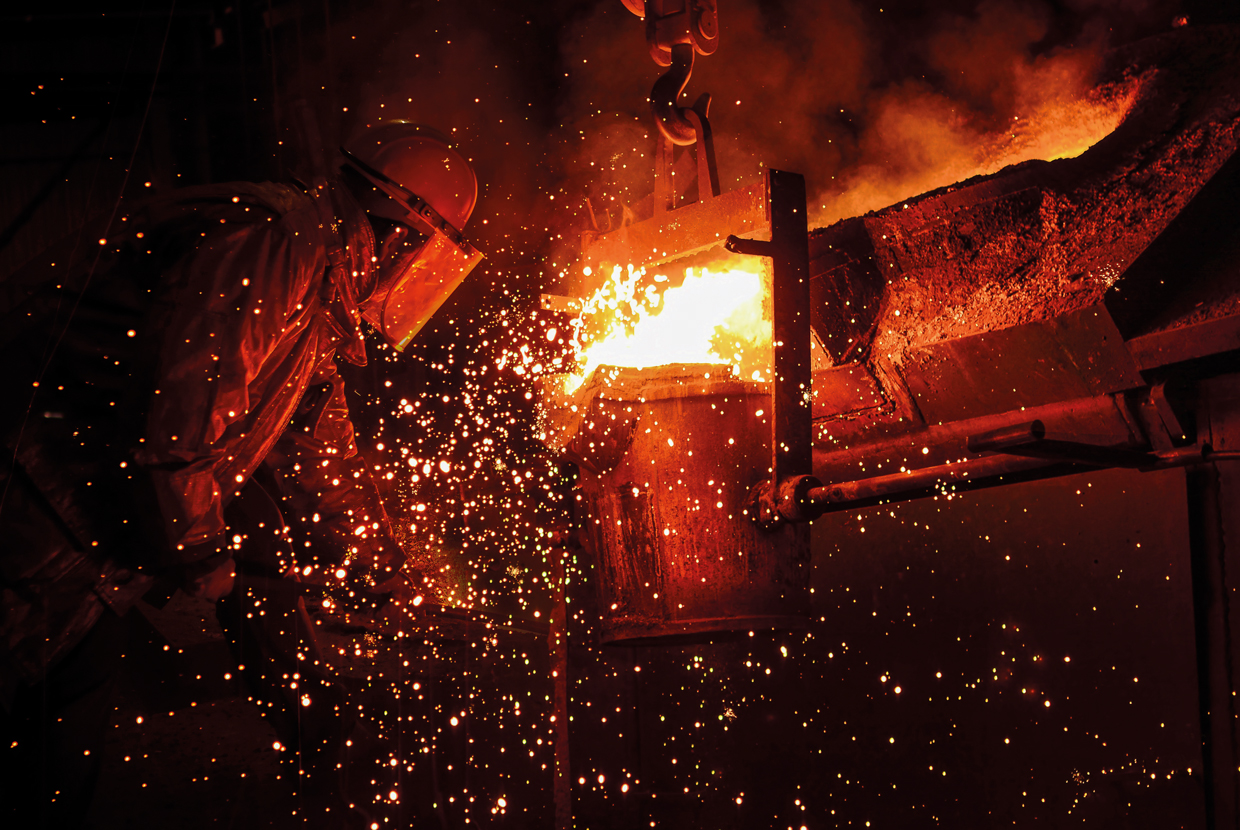The European Commission (EC) has imposed new duties on steel products from China and Taiwan following an investigation which it says confirms that steel imports from the two countries were being sold at “dumped prices”.
The new anti-dumping tariffs will apply for five years to stainless steel tube and pipe butt welding fittings. Chinese exports face duties ranging from 30.7% to 64.9% while Taiwanese exports face anti-dumping duties ranging from 5.1% to 12.1%.
“These two producers, China and Taiwan, were the major imports. Local production accounted for [only] half the market [so the new move] will open up scope for local [European] producers to improve market share,” partner at King and Spalding’s international trade practice, Iain MacVay, tells GTR.
The EU currently has a total of 39 anti-dumping measures in place targeting unfair imports of steel products that undercut local steel producers. Seventeen of these measures are on products originating from China.
The steel products are typically used in the petrochemical, shipbuilding, energy, construction and food processing industries, which are likely to now face higher prices.
“The effect of anti-dumping measures is to return the market to equilibrium. Where there is evidence of prices being depressed due to dumping – which is the case – these measures ensure that those prices better reflect the ‘normal’ market value,” communications manager at European steel association Eurofer, Charles de Lusignan, tells GTR.
“Importers or users of products affected by anti-dumping measures are not paying over the odds, they are simply not buying steel at prices that injure domestic industry.”
Overcapacity and a lower demand have seen both global and European steel sectors struggling in the last few years. According to Eurofer, in 2015 and early 2016, EU steel demand made some recovery following lows seen in 2013/14. However, the increase was entirely absorbed by imports while domestic deliveries actually dropped.







